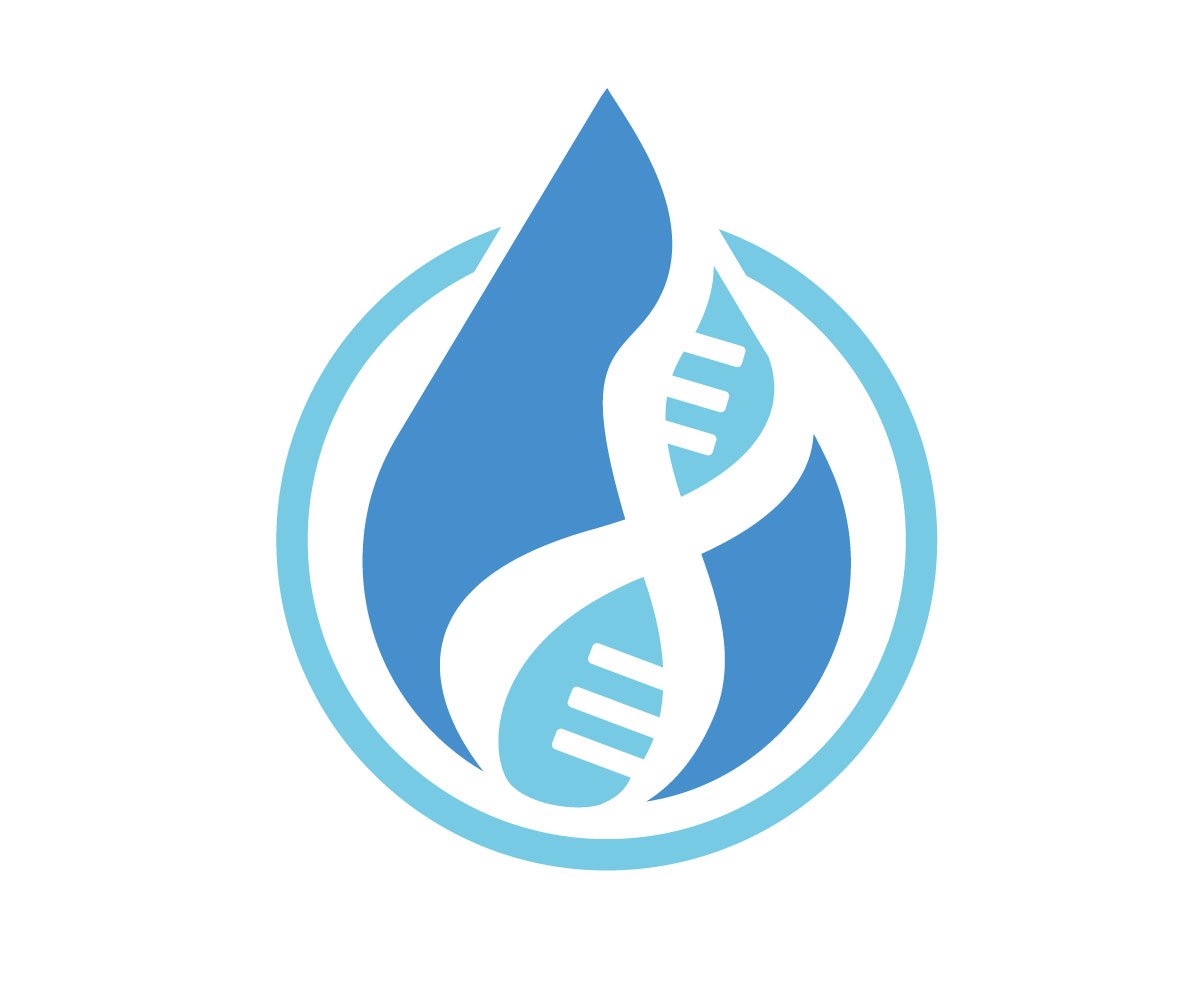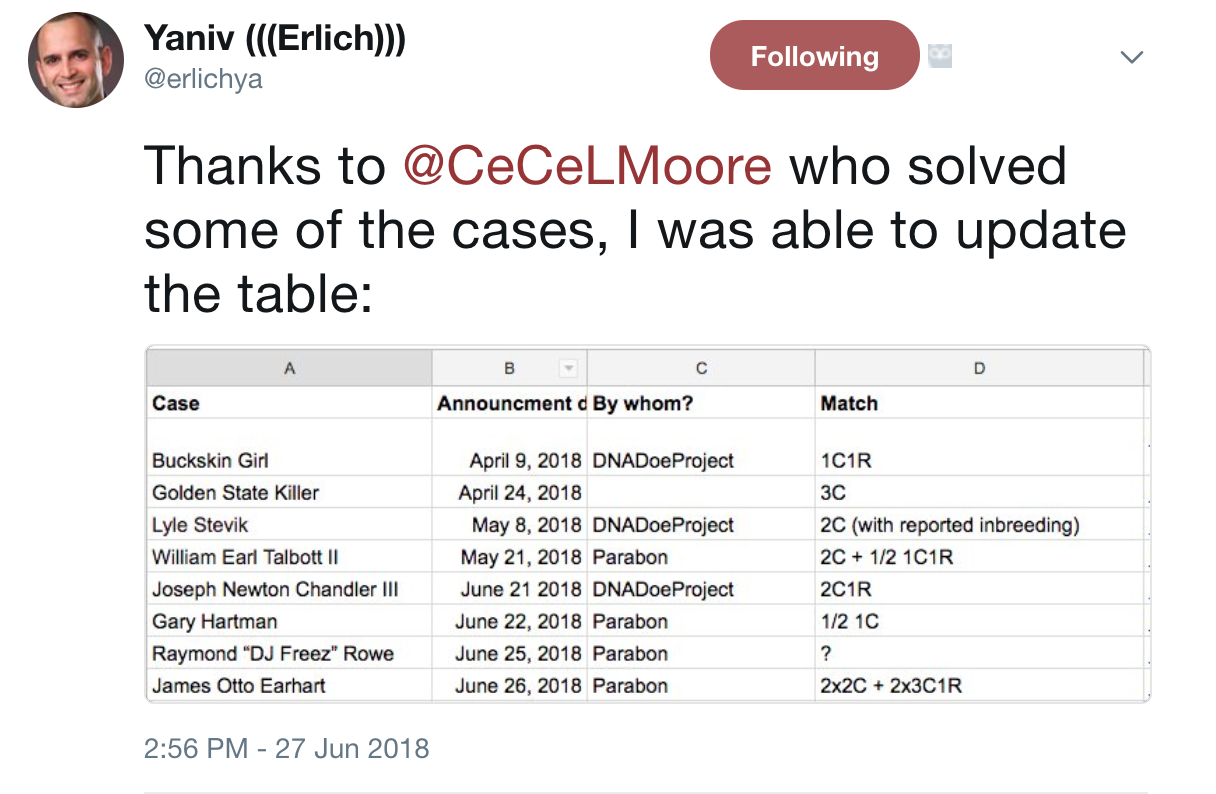Gedmatch, Raw Data, and Solving Violent Crimes With Genetic Genealogy
Update on 9/24/18: More arrests have been made since I posted this a few months ago. To follow the latest breaking news, look for updates posted online by Parabon Nanolabs and CeCe Moore (professional genetic genealogist extraordinaire!). Here’s one recent story: https://www.wusa9.com/article/news/local/maryland/va-dna-company-helped-find-md-serial-rape-suspect/65-594609102
Kendra Nichols from abc27 News interviewed me about DNA testing, and we chatted a bit about the fine print you agree to when you submit a DNA sample to a consumer testing company.
Although it isn't named in the short news segment, a voluntary site created for genealogists called GEDmatch is the site law enforcement and others are using to solve crimes. Solving crimes has included finding suspected perpetrators and identifying victims (in other words, re-identifying deceased persons whose bodies were found and that police were previously unable to identify; these are referred to as John and Jane Doe cases).
As of June 27, 2018, the number of known and reported cases where a murder suspect or crime victim/missing person has been identified with the assistance of data from GEDmatch is eight cases, per this tweet by Yaniv Erlich:
The testing companies (like 23andMe, AncestryDNA, and MyHeritage) are not involved, other than their role in providing testers access to their own raw DNA data files to download to their computer and then upload to GEDmatch. GEDmatch doesn't reveal the genetic sequences of people who upload their data, rather they display who else in the database is a genetic family match, and how closely related they are estimated to be.
Some matches have included information about themselves that make them identifiable/traceable via other means (Facebook, etc.) or they have a family tree attached to their kit information that identifies their ancestors.
It is from this match data in GEDmatch that an experienced genealogist can then build a family tree backward in time to grandparents and great-grandparents, and then forward in time to construct a tree of present-day, living descendants.
Make sure to learn before you test about your rights as a consumer...and know what your data may be used for before you move your raw files out from the protection of the company where you originally tested.
I respect the wishes and desires of individuals who are considering testing, and I think that testing is for some people but not for everyone. Personally, I am glad to see information about DNA matches used for these purposes. My heart goes out to all of the families of violent crime victims out there who have renewed hope that testing may solve a the crime that took the life of their loved one.
GEDmatch won't be able to solve every crime or identify every John and Jane Doe, but thanks to the hard work of CeCe Moore and everyone who is choosing to keeping their data in GEDmatch, some families will get a chance at better closure in the coming months and years.



